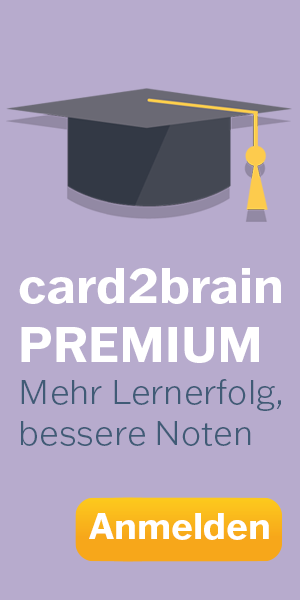Englisch Grammar
Zeiten,....
Zeiten,....
Kartei Details
| Karten | 29 |
|---|---|
| Sprache | Deutsch |
| Kategorie | Englisch |
| Stufe | Andere |
| Erstellt / Aktualisiert | 27.05.2014 / 28.12.2017 |
| Weblink |
https://card2brain.ch/box/englisch_grammar2
|
| Einbinden |
<iframe src="https://card2brain.ch/box/englisch_grammar2/embed" width="780" height="150" scrolling="no" frameborder="0"></iframe>
|
Lernkarteien erstellen oder kopieren
Mit einem Upgrade kannst du unlimitiert Lernkarteien erstellen oder kopieren und viele Zusatzfunktionen mehr nutzen.
Melde dich an, um alle Karten zu sehen.
Present Simple
Permanent things
talk about live; world
facts about ourselve and world, fixed routines, feelings, thoughts and senses, plots of books, films...., instructions, directions
Present Continous
Temporary Things
describe new or temporary situations
things happening at the moment of speak, things happening around us, changing situations, "now, these days, at the moment", temporary routines
Past Simple
historical events, experience during a particular period of time
finished time periods, short events, long events, states, repeated events
(four years; on holiday)
Past Continous
describe background to past events
Relative clauses
Relative clauses identify which person or thing we are talking about. They make it possible to give more information about the person or thing.
The boy has gone to the beach.
Which boy?
The boy who lives next door has gone to the beach.
The book is very good.
which book?
The book that I bought yesterday is very good.
There is a photo of the hotel.
Which hotel?
There is a photo of the hotel where we stayed.
We use who/that to refer to people, and which/that to refer to things.
This book is about a girl who marries a millionaire.
What was the name of the horse that won the race?
When who or that is the object of a relative clause, it can be left out.
The person you need to talk to is on holiday.
The film I watched last night was very good.
But when who or that is the subject of a relatice clause it must be included.
Which can be used to refer to the whole previous sentence or idea.
I passed my driving test on the first attempt, which was a surprise.
Jane can't come to the pary, which is a shame.
We use whose to refer to someone's possessions
That's the man whose wife won the lottery.
That's the woman whose dog ran away.
We can use where to refer to places.
The hotel where we stayed was right on the beach.
We went back to the place where we first met.
We use because to give a reason
as and since can have the same meaning but are a litte more formal.
I couldn't go on holiday because I was ill.
Sinse it's so late, shall we get a taxi?
As Britain was still recovering from the war, some food products were in short supply.
We use so and sometimes then to express results
Therefore or as a result/consequently is more formal and needs a new wentence, a semi-colon, or a link word such as and
I couldn't sleep so I got up and had a hot bath.
I'm free at twelve. - Then I'll meet you for lunch.
The new drug caused serious side effects. The company therefore withdrew it from the market.
Companies in the area began to close, and consequently there was a rise in unemployment.
We can use to + verb to express purpose(to say why we do things)
In formal situations, before state vers, and with negatives, we use in order to and sometimes so as to +verb
We also use so (that) to express purpose
we often use the modal verbs can/could, will/would afterwards
Katy's just gone out to get some milk.
I'm doing a course to improve my maths.
We need to develop a new product in order to extend our market reach.
I took my shoes off so as not to make a noise.
We're going to leave now so that we get back before it's dark.
I'm saving up so I can travel to South America.
we use the structure "for/of +noun/pronoun + to + verb+ to express our feelings and opinions in everyday vonversations.
It's easy for us to show you all the sights in the city.
at
very near to
at the door at the bus stop
at a party
in
inside/in an area
in the kitchen
in hospital
on
touching/on top of
on the desk
on the road
In, into, on, onto
all used sometimes for movement
it started to rain,so we went in.
He ran into my room and jumped onto the bed!
out of, off
You can't just throw it out of the window.
He knocked my laptop off the table
above
higher
across, over, through
from one side to another
We're flying over the Alps!
I saw them across the room.
over/under
covering/touching
Put a blanket over your knees.
along
following a line
Let's walk along the river.
we use prepositions to show place
and movement
we also use prepositions to talk about
time
at four o'clock
in the morning
on Wednesday
I was on holiday in/during July
for ten days
between six and half past
from Monday to/until/till Wednesday
-
- 1 / 29
-
